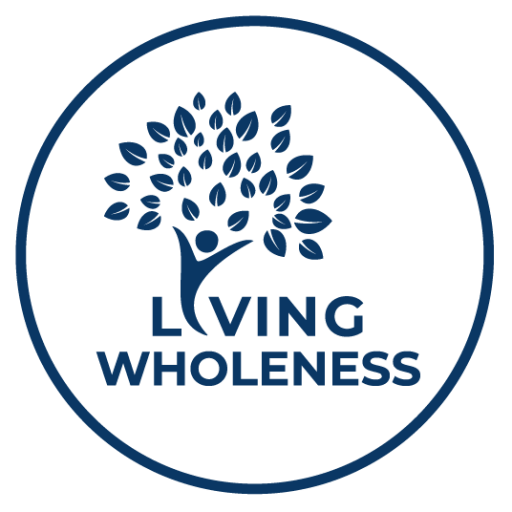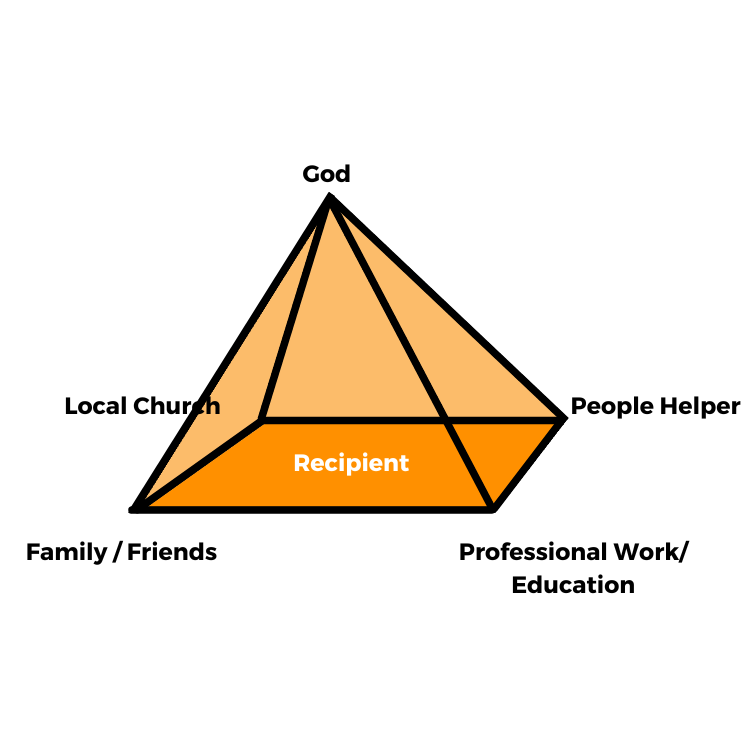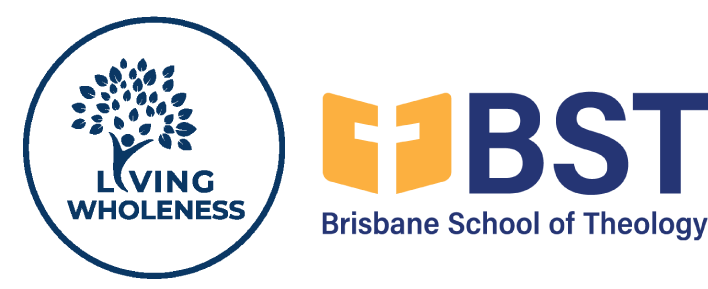The Shape of the Pyramid
The Shape of the Pyramid
By JP
The shape of the pyramid is about relationships and community. Right at the very beginning in the bible, God said, it is not good for man to be alone (Genesis 2:18). He made us to be in relationship, with himself, with others and ourselves. We need other people. We were designed like this. When we look at the pyramid, we can see the four corners plus God. The pyramid shows us how can we show servant leadership through supporting ourselves, serve and link with others. It’s so important as we serve and lead to
The shape of the pyramid helps me to fulfil the 2nd commandment, love your neighbour as yourself. The pyramid helps me to look after myself through finding supportive relationships such as: family and friends, local church (through church ministry and church community), to get a mentor (people helper), to be able to find people who can help me professionally when the need arises (e.g. Doctor, plumber, accountant, teacher etc). I’ve been moving countries every 2 years for the last 8 years. It’s always been a priority and a struggle to build and sustain my pyramid. For those who have been in one place for a long time, it might be a lot easier to find those supportive people in your life which I hope you do have them. They are so important for our self-care and wellbeing that we may be able to live long and fulfilling lives.
The role of supportive social relationships in our lives is so important. The research from Harvard University “have been seeking the key to a happy life since 1938, in the longest study into happiness ever conducted. After 85 years of research, they’ve concluded that it is our relationships with other people that give us the greatest happiness.” (Scientists found the key to a healthy, happy life: relationships | World Economic Forum)
It’s not just relationships with other people but it’s about quality of the relationship. The research continued saying “Regardless of their backgrounds, those with the strongest personal relationships were not only the happiest but also enjoyed the best overall health and lived longest.” Scientists found the key to a healthy, happy life: relationships | World Economic Forum
The shape of the pyramid also serves another purpose: serving and linking others together. I remember when I was younger, I was always serving people. This was something that through my family upbringing and my own experiences came naturally to me. However, when serving people, I wasn’t always good or natural at linking. I found the pyramid was profound in helping me to serve people holistically through linking with other people. It helps you not be the only person serving one person. It helps to have a team of people serving one person. It reminds of a how a medical or health team combine their different areas of expertise to help a person. Everyone needs their own pyramid. As we serve others, we can try to help the people we are serving build their own pyramids. It’s really tough when you’re serving a person all by yourself. It can be draining, tiring and lead to burnout. It’s been an incredible experience for me when serving as a team. It’s a lot harder, don’t get me wrong, but the joy and the harvest are multiplied.





